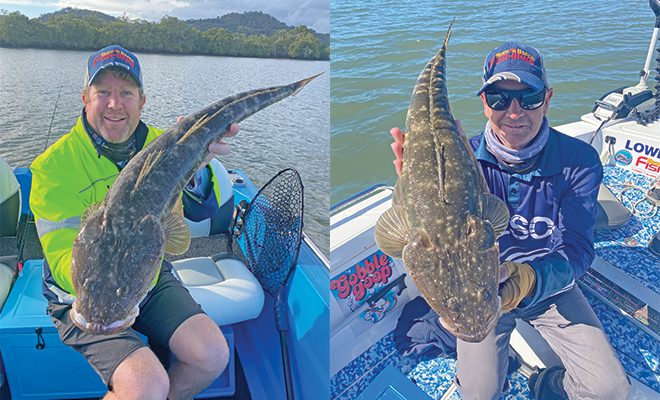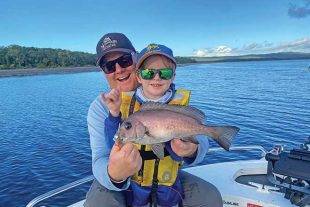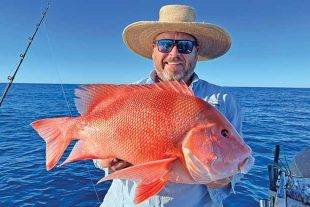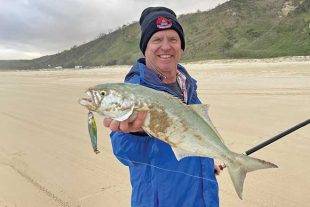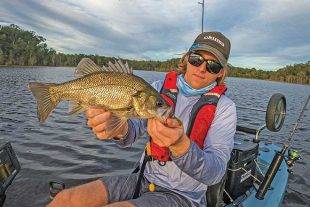When conditions were right over the past month, the fishing rated from good to great in Moreton Bay. But when conditions were off, fishing was downright tough.
Now, when I get into this article, remember one thing… these are my theories only, whether they’re right or wrong.
My opinions have been forged by spending a great deal of time on the water and over time taking notice of what makes a difference. There are other views out there on the same subject that differ, but that doesn’t mean they are right or wrong either.
With fishing, get as much information as you can on everything and decipher what you think is right or wrong, then make your own decisions.
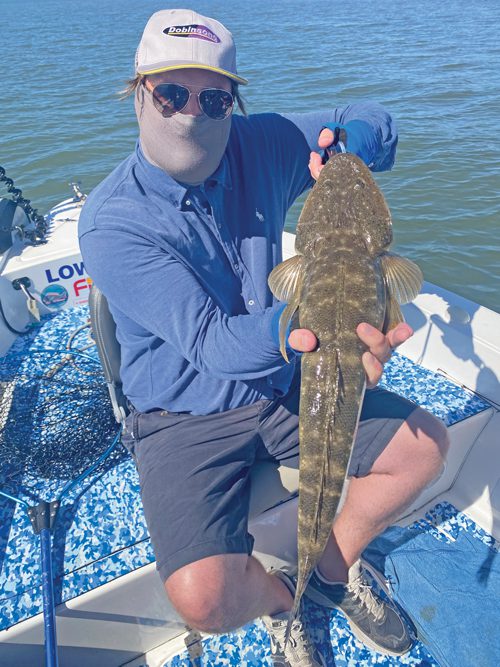
So, what do I mean by saying ‘when conditions are right’?
Well, when we plan to go on a fishing trip, there are factors we can control and those we can’t.
With my charter fishing, I try to plan my clients’ trips around the things I can control – to give them the best chance of catching fish on the day.
You have to remember that when I take people out on a fishing charter in Moreton Bay, they’ve taken a day off work or cleared their schedule in order to go.
So, it may not be the optimal day weather wise, but I have to look at the things I can control on that particular day to give my clients the best chance of a good outcome.
Of course, issues can occur during the day when we’re out that I can’t control, which can make things a lot harder. Without going into each one of these – because individually they could be a whole article on their own – here are the aspects I have control over:
- Target a species of fish that is in my area in quantity at the time
- Fish early morning and late afternoon – sunrise and sunset
- Consider the tide ‘size’ that will give the best chance of catching that particular species in the target area
- Look for the best moon phases to target that particular fish on – this is very important
- Look for the right type of ground and spots for the species being targeted
- Use the right technique for the target species
- Use the right fishing equipment.
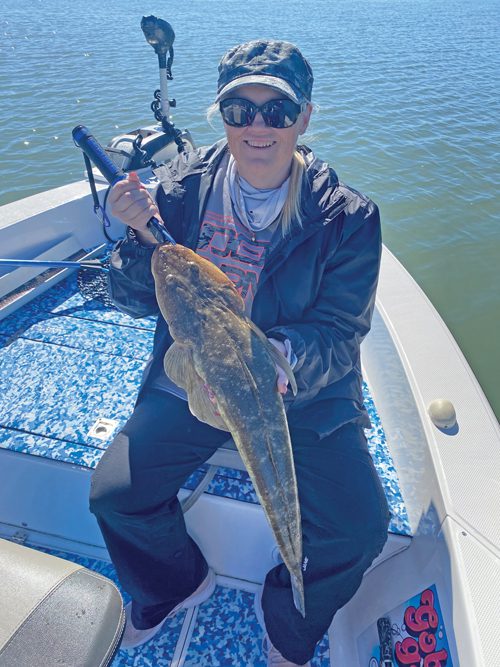
For technique and gear, consider the rods, reels, line, lures and correct retrieve for the particular species you’re targeting and, if bait fishing, the best fresh bait and rigs to use when targeting the fish you’re after.
The main factors you can’t control are the weather, if the area has been heavily fished prior to you getting there so then the fish would be shy or not there, and – one of the biggest that can be overlooked and can have a major impact on your day on the water – the barometric pressure.
Which brings me to the main subject – barometric pressure and the effect it can have on fish.
Well, I’m not a scientist, so I don’t actually know how it directly affects the fish, but from a fishing perspective, in simple terms, if the barometer is rising, fish tend to be more on the bite and for a falling barometer, fish can go completely off the bite.
I don’t need to know what it does technically or physically to the fish, but I do need to know the impact it has on fish responses.
When there’s a very high BP of around 1030 hectopascals, I find fishing gets a bit tougher. Same as when we have 1005hPa. When the BP is around 1020hPa, the fishing is much better – hence, the old saying ‘1020 and the fish are plenty’.
 Bush 'n Beach Fishing Magazine Location reports & tips for fishing, boating, camping, kayaking, 4WDing in Queensland and Northern NSW
Bush 'n Beach Fishing Magazine Location reports & tips for fishing, boating, camping, kayaking, 4WDing in Queensland and Northern NSW
